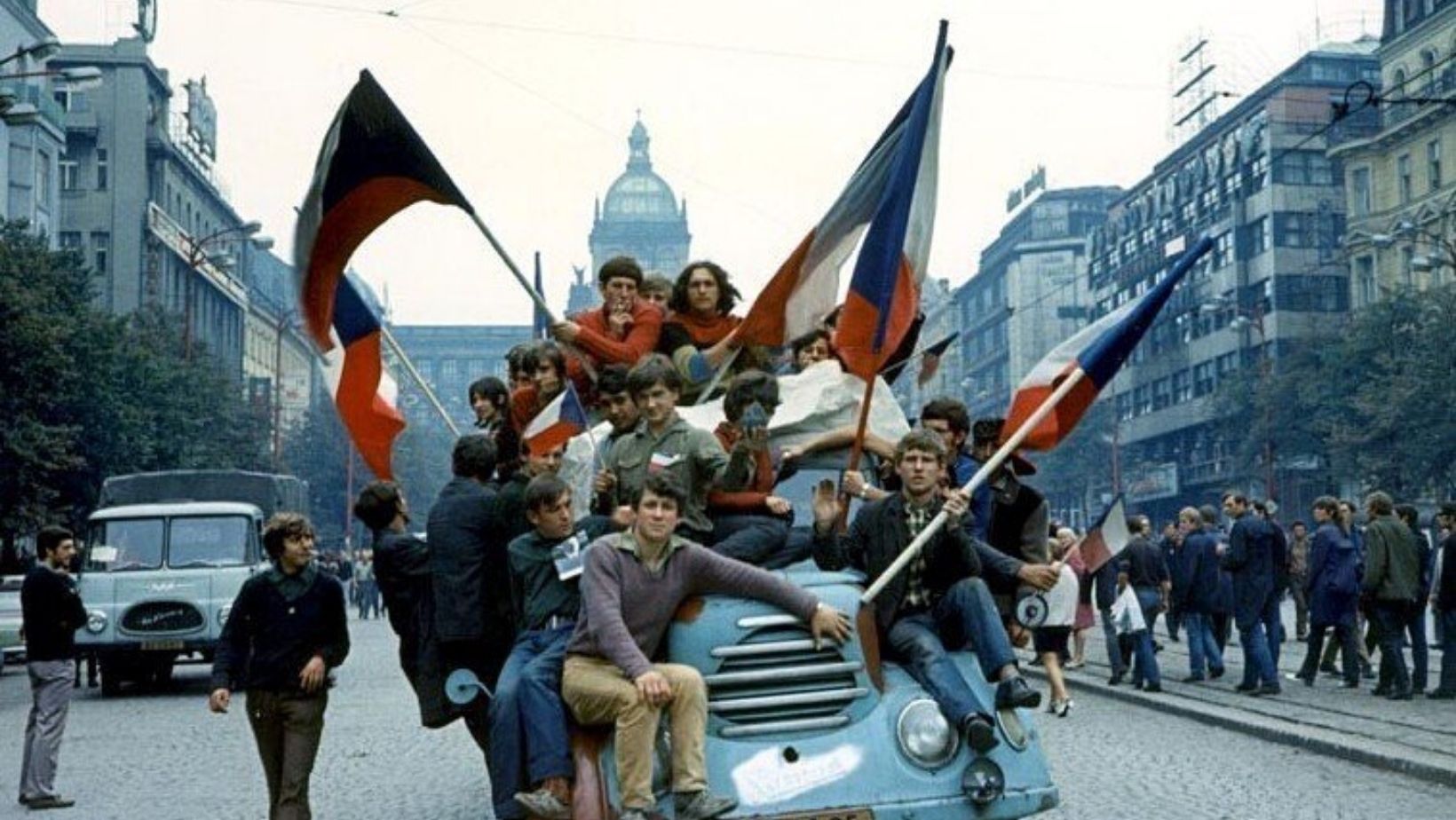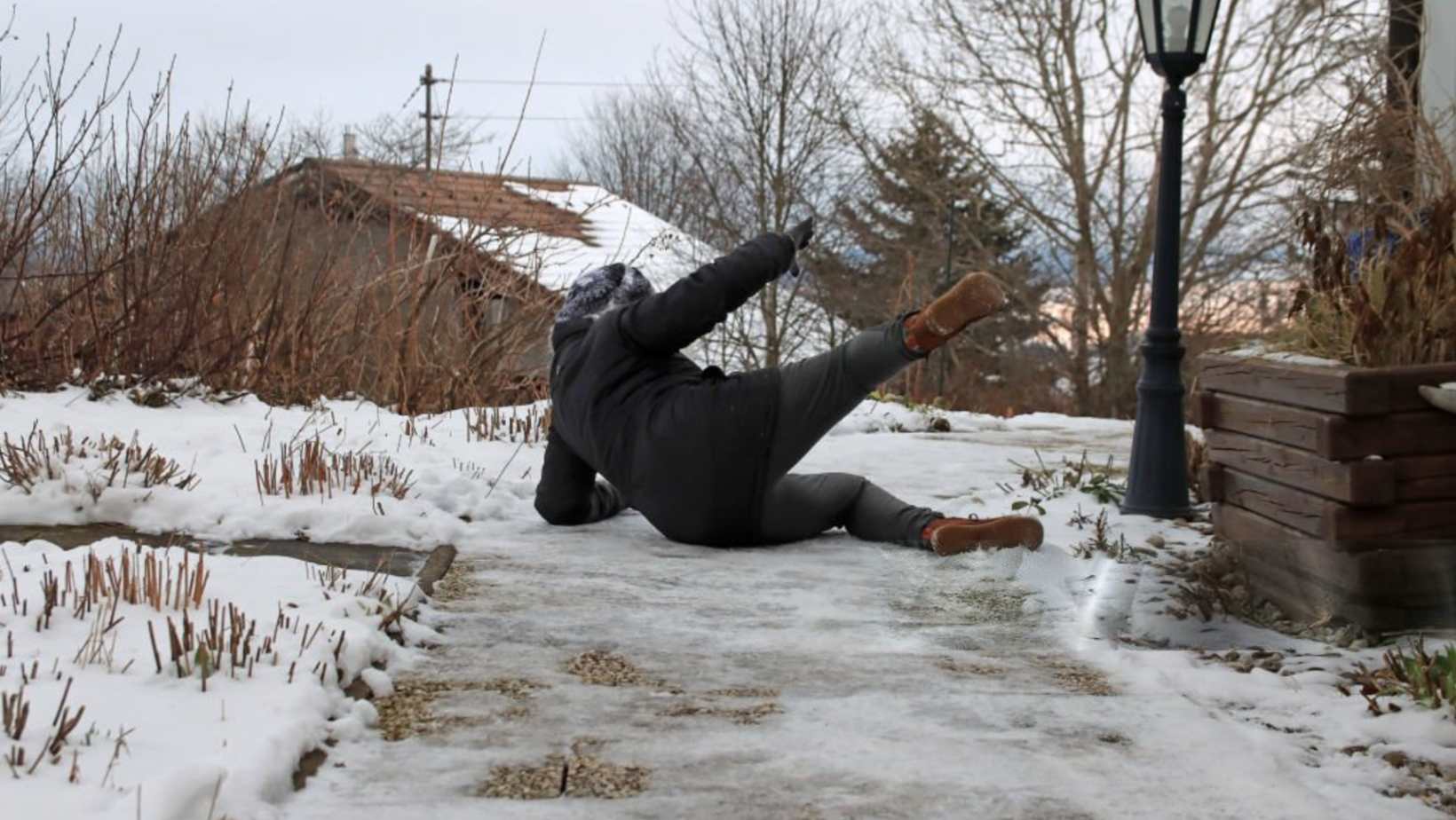What would later become known as the Prague Spring began with the ascension, on this day in 1968, of the reformist Alexander Dubček to the post of first secretary of the Communist Party of Czechoslovakia.
Dubček attempted to decentralize the economy and loosen restrictions on media, free expression and travel for Czech citizens.
To reverse such reforms, the Soviet Union invaded Czechoslovakia in August 1968. Jiří Mucha, who wrote “This Spring in Prague” (April 1, 1968) for The Nation, was a Czech journalist and author who had been arrested, tortured and imprisoned by the government in the early 1950s.
“It seems to me that never, since Stalin’s dethronement, has there been so much frank public criticism. The difference is that after Stalin comment smacked of bitter disillusion, while now there is goodwill and people are ready to lend a hand. After years of stock phrases and resigned lassitude, one hears words worth thinking about.”
“All this sounds surprisingly cheerful given the Czechs’ ingrained skepticism, but it is the feeling that prevails here today. A tooth that stops aching produces euphoria, even though one knows the hole is still there and must be filled eventually. And in any case, I do not think a return to the old methods is possible. The people now at the top know that they can succeed only if they attract wide popular support. Should they fail the public, the country would revert to morose indifference and it would be almost impossible to rouse it again. Every new society must reclaim all the freedoms that had been attained in the past, but were then lost in the process of gaining others…. If we succeed, we shall prove that it has been worth while living through these last twenty years.”
Changes Begin
In February of 1968, Dubček made a speech emphasizing the need for reforms. True to his word, in April, he instituted greater freedom of speech, the press, and movement. He believed that Czechoslovakia should be divided into two countries; he also spoke of the need to limit the power of the secret police. He foresaw a period of ten years bridging the gap between things as they were, and the ultimate goal of democratic socialism. It was a startling announcement.
Reactions Abroad
Not surprisingly, Brezhnev did not approve of Dubček’s plan for reform. After all, in 1956, Hungary had experienced an uprising against Soviet-implemented regulations. At first, the Soviet Union attempted to negotiate Dubček out of his decisions. Meetings took place in Slovakia in July and August, during which Dubček stated his support for the Warsaw Pact.
Concessions were made on both sides, and the Bratislava Declaration was signed on August 3. Ominously, the Soviet Union expressed its intent to invade any Warsaw Pact member state that showed signs of returning to a capitalist system.
August, 1968
On August 20 – 21, Soviet tanks rolled into Czechoslovakia. Additional troops were provided by Poland, Bulgaria, and Hungary (though Hungary’s leader had originally voiced his support for Dubček’s election).
Word got out that invasion was taking place, and the country went into action. Signs showing the names of towns and cities were quickly taken down and replaced by signs reading “Dubček”. Others simply pointed the way back to Moscow. Eventually, the troops made their way to Prague, and took over the airport.
-
NEWSLETTER
Subscribe for our daily news










